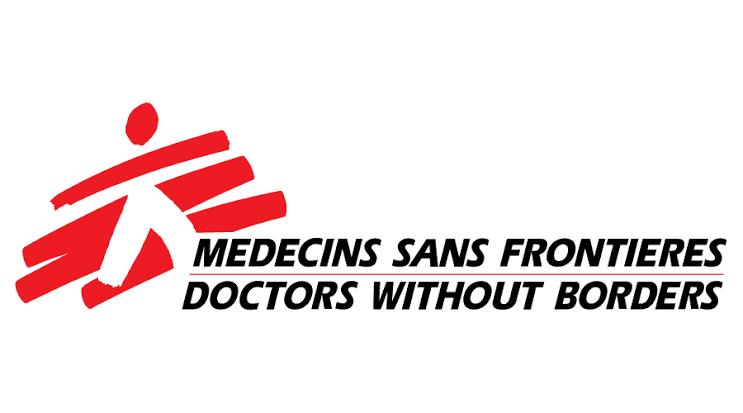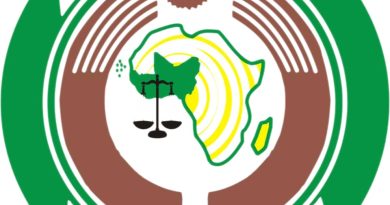MSF Conducts 32 Major Surgeries In Sokoto In Two Weeks To Treat Noma
By Bukar Bolori
A team of Médecins Sans Frontières / Doctors Without Borders (MSF) has conducted 32 surgeries for noma patients in another round of surgical intervention at the Noma Hospital in Sokoto from 23 October to 4 November 2022.
A statement at the weekend by MSF said since the start of the activities in 2014, a total of 1249 major surgeries have been conducted for the noma patients, noting that the organisation is supporting the Noma Hospital in Sokoto through inpatient care, reconstructive surgeries, outreach activities, nutrition and mental health support.
The MSF project coordinator in Sokoto, Dr Sham`un Abubakar, was quoted to have said: “Noma is preventable and treatable, but people still die from it because of the limited knowledge about the disease and on how to detect it. Up to 90 per cent of people affected by noma die in the first two weeks if they don’t receive treatment in time. That is why early detection is important.”
He added that: “Early case detection and reporting through Nigeria Centre for Disease Control (NCDC) can be achieved through increased surveillance activities like training of Disease Surveillance and Notification Officers (DSNOs), Health Care Workers (HCW), Traditional Healers, Alternative Medicine Practitioners, Community, Religious and Traditional Rulers and Women and Youth Groups. Noma is a disease that shouldn’t exist anymore.”
The statement explained that noma is an infectious and non-contagious bacterial disease that starts as an inflammation of the gums, similar to a small mouth ulcer. In just two weeks the infection starts to destroy bones and tissues, potentially affecting the jaw, lips, cheeks, nose or eyes, leaving survivors with physical consequences including pain, breathing complications and difficulties in eating. Malnourished children and members of isolated communities with limited access to healthcare and vaccination are more vulnerable. People who survive noma either have to live sequels of the disease or manage to undergo extensive reconstructive surgery to improve quality of life. On top of that, they deal with the social stigma caused by the disfigurement.
The statement further added that: “In collaboration with the health authorities and other stakeholders, MSF is commemorating the noma day (5th November), in order to raise awareness about the disease, address stigma attached to it and highlight specialized activities on the disease, so the patients can access the services.
Besides over 1000 surgeries since the beginning of the activities in Sokoto, MSF teams have held 16857 mental health counselling and 2185 health promotion sessions; furthermore, admitted 1349 patients for both medical and surgical management of noma. In addition, a total of 103 survivors were admitted to the Inpatient Therapeutic Feeding Centre (ITFC), and 35 were enrolled in the Ambulatory Therapeutic Feeding Centre (ATFC).”
MSF launched an international campaign in 2020 to raise awareness about noma and accelerate the research and advocacy agenda – a crucial step being to see the disease included in the World Health Organization (WHO) list of Neglected Tropical Diseases (NTDs).
The inclusion would shine a spotlight on the disease, facilitating the integration of noma prevention and treatment activities into existing public health programmes and the allocation of much-needed resources for its eradication. Nigeria with the support of MSF and other noma stakeholders has taken the lead as a member state to get noma on the WHO’s NTDs list.
“Noma is a neglected disease, but it’s still not included in the WHO list of Neglected Tropical Disease although it fits all the criteria. We are supporting the Government of Nigeria’s (GoN) call for the World Health Organization to recognize noma as a Neglected Tropical Disease so more attention and more resources will be allocated to eradicate it,” Dr Sham’un added.
Médecins Sans Frontières/Doctors Without Borders (MSF) is an international, independent, medical humanitarian organisation that delivers emergency aid to people affected by armed conflict, epidemics, natural disasters and exclusion from healthcare.
MSF has worked continuously in Nigeria since 1996, and currently provides medical care, free of charge, in 11 states across the country.




